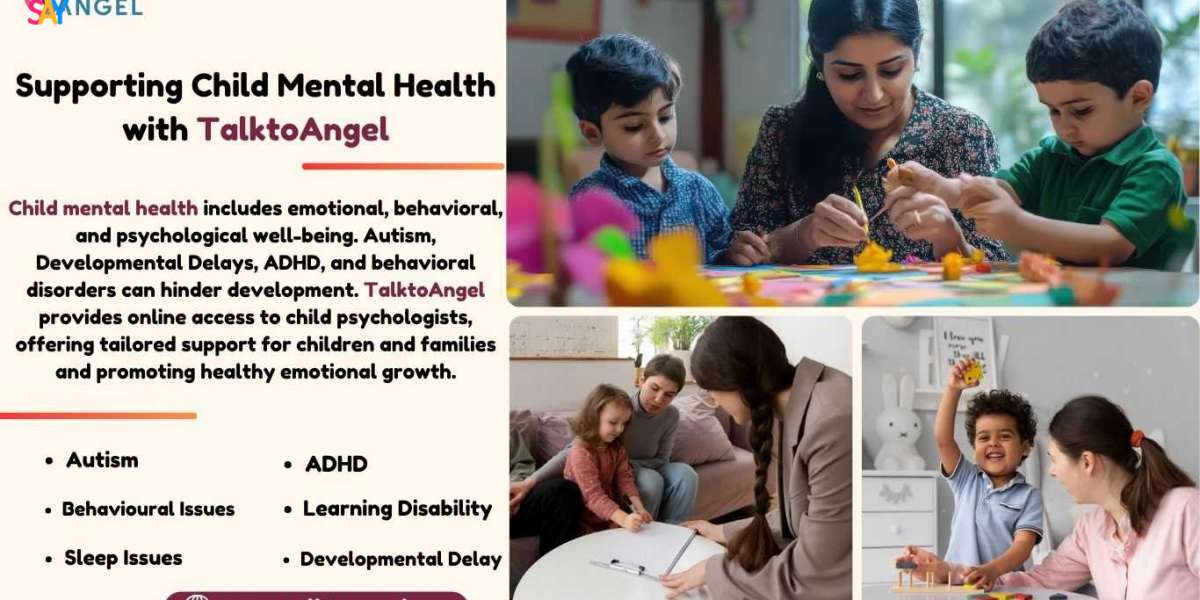The developmental disease known as autism spectrum disorder (ASD) has an impact on behavior, social interaction, and communication. Parents of children with autism are often faced with the challenge of finding the best ways to support their child's development. One effective approach is through therapy. In this article, we will explore how therapy can help support the development of children with autism and provide tips for parents on how to navigate this process.
What is Autism Therapy?
Autism therapy encompasses a range of interventions designed to help individuals with autism improve their communication, social skills, and behavior. These therapies are tailored to the unique needs of each child and may include speech therapy, occupational therapy, applied behavior analysis (ABA), and social skills training. The goal of therapy is to help children with autism reach their full potential and lead fulfilling lives.
Types of Autism Therapy
Speech Therapy
Speech therapy can help children with autism improve their communication skills, including verbal and nonverbal communication. Therapists work with children to develop language skills, improve articulation, and enhance social interaction through activities and exercises.
Occupational Therapy
The development of fine motor skills, processing of sensory information, and everyday life tasks are the main goals of occupational therapy. Children with autism may benefit from occupational therapy to improve their ability to participate in daily tasks and engage more fully in social interactions.
Applied Behavior Analysis (ABA)
ABA is a widely used therapy for children with autism that focuses on promoting positive behaviors and reducing challenging behaviors. Therapists use reinforcement techniques to teach new skills and help children with autism learn how to navigate social situations effectively.
Social Skills Training
Social skills training helps children with autism develop the ability to interact with others in a meaningful way. Therapists may use role-playing, modeling, and other techniques to teach children how to initiate and maintain conversations, read social cues, and make friends.
How Can Therapy Support Your Child's Development?
Improving Communication Skills
Children with autism can enhance their communication skills through therapy. Speech therapy, in particular, can teach children how to express their needs and emotions, engage in conversation, and understand social cues.
Enhancing Social Skills
Social skills training can support children with autism in developing meaningful relationships and navigating social situations. By learning how to engage with others and interpret social cues, children can feel more confident and successful in their interactions.
Managing Challenging Behaviors
Therapy, such as ABA, can help children with autism learn how to manage challenging behaviors and develop more adaptive responses. By providing structure, reinforcement, and guidance, therapists can help children build positive behaviors and coping strategies.
Improving Independence
Occupational therapy can support children with autism in developing the skills they need to participate in everyday activities and become more independent. By focusing on fine motor skills, sensory processing, and self-care tasks, children can learn to navigate the world more effectively.
Tips for Parents
- Have patience: Since therapy is a process, it could take some time to see results. Have patience and acknowledge minor accomplishments as you go.
- Communicate Openly: Work closely with your child's therapists and communicate openly about goals, progress, and concerns.
- Practice Skills at Home: Support your child's therapy by practicing skills and strategies at home in everyday situations.
- Seek Support: Reach out to support groups, online resources, and other parents of children with autism for guidance and encouragement.
In conclusion, therapy can be a valuable tool in supporting the development of children with autism. By incorporating various therapies into your child's treatment plan and working closely with therapists, you can help your child reach their full potential and thrive. Remember to be patient, communicate openly, and seek support along the way. Together, we can support our autistic children in their journey towards growth and independence.




